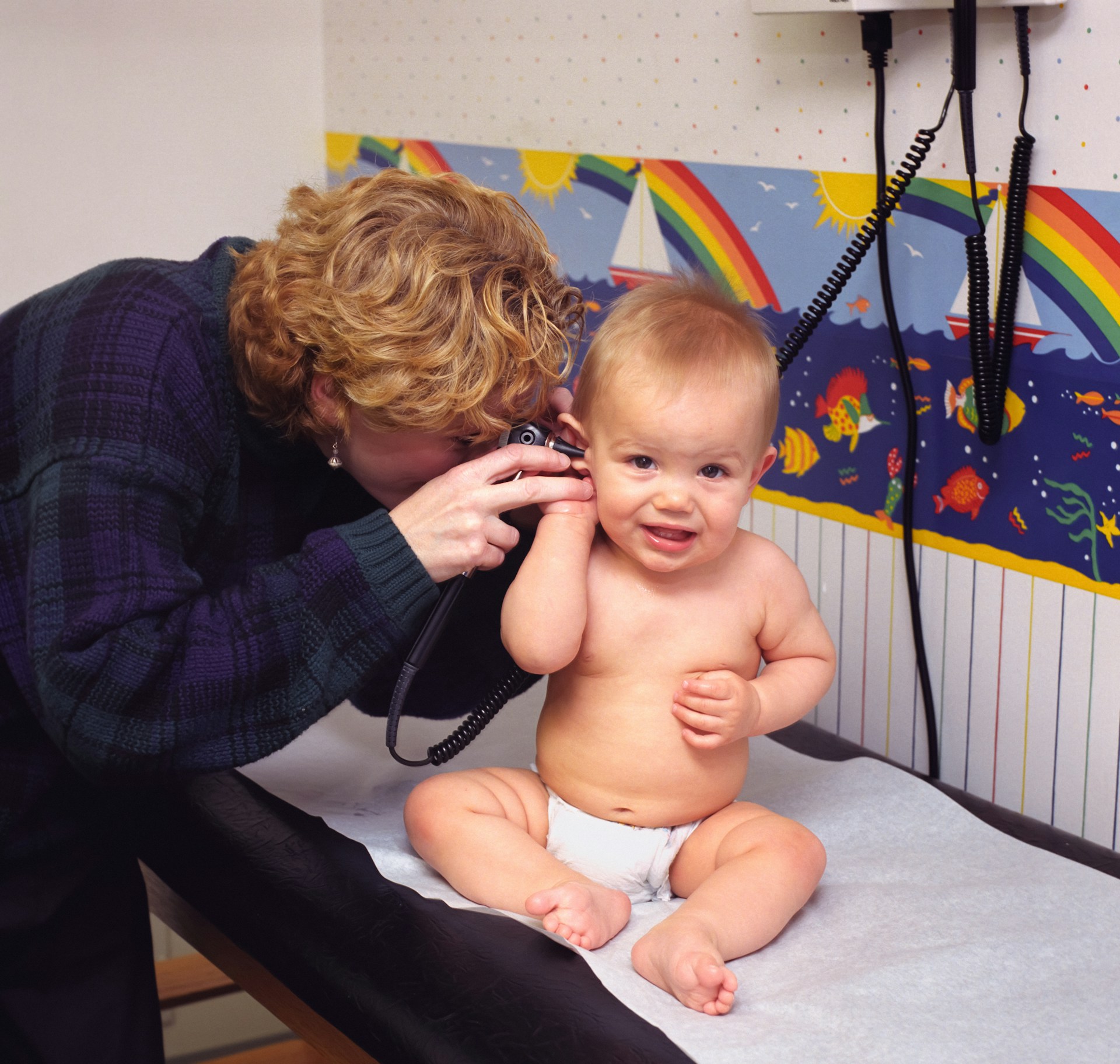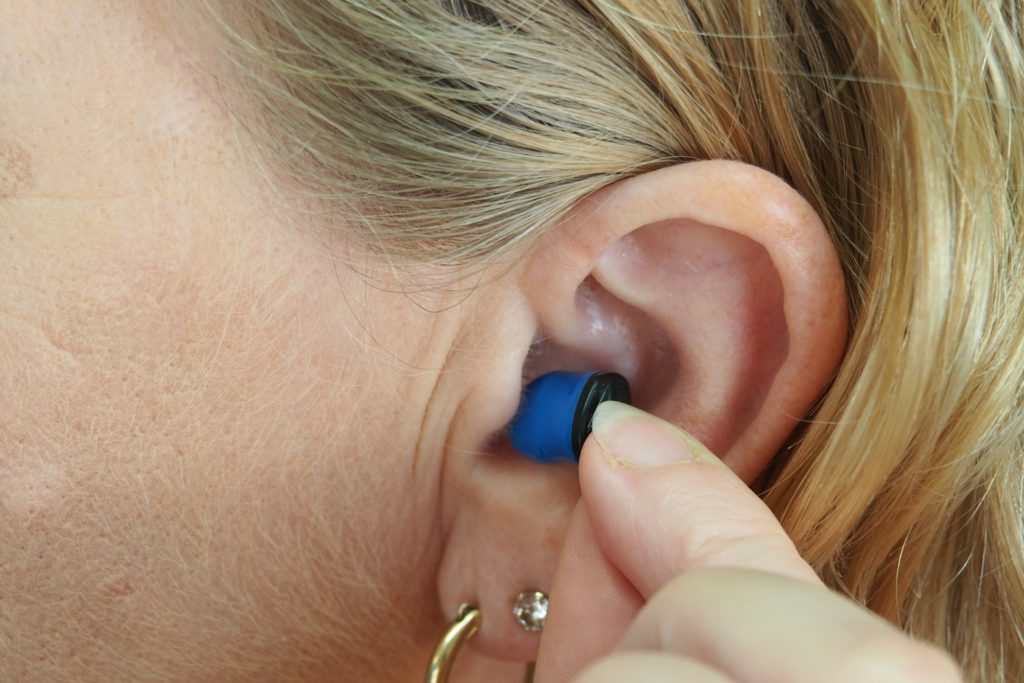Your ears are one of the many body parts that provide a very useful sense that helps you navigate through life. Their role in your overall well-being is often overlooked, leading people to neglect their ear health until issues arise. By helping you communicate, enjoy music, and stay aware of your surroundings, your ears are important and should be treated as such. By following these tips, you can protect your hearing and maintain optimal ear health throughout your life.
Protect Your Ears from Loud Noises
Exposure to loud noises over time can cause permanent hearing damage. If you frequently attend concerts, sporting events, or work in a noisy environment, consider wearing earplugs. Noise-induced hearing loss is cumulative, meaning damage adds up over time. Investing in high-fidelity earplugs can help preserve your hearing without having to give up the things you love, like enjoying live music.
Don’t Be Afraid to Use Hearing Aids
Hearing loss is a natural part of aging for many people, but delaying the use of hearing aids can make the condition worse. Studies have shown that using hearing aid supplies can slow the progression of hearing loss and even help prevent cognitive decline associated with untreated hearing issues. Modern hearing aids are discreet and come with advanced features like Bluetooth connectivity and noise reduction, making them easy to use in your daily life.
Avoid Inserting Objects into Your Ears
Many people use cotton swabs to clean their ears, but this can push wax deeper into the ear canal, leading to blockages or damage to the eardrum. Your ears have a self-cleaning mechanism, and excess wax usually falls out naturally. If you feel like you have a buildup of wax in your ears, consult a doctor for safe removal methods.
Keep Your Ears Dry
Excess moisture in the ears can create a breeding ground for bacteria, leading to infections like swimmer’s ear. After swimming or showering, gently dry your ears with a towel or tilt your head to let the water drain out. If you are prone to ear infections, use moldable silicone earplugs while swimming to prevent water from entering your ear canal.
Monitor Your Headphone Volume
Almost everyone has a smartphone in their pocket these days and, with it, a pair of headphones. For the first time in history, hearing loss due to listening to loud music through headphones is becoming more common. To prevent damage, follow the 60/60 rule: listen at no more than 60% volume for no longer than 60 minutes at a time. Noise-canceling headphones can also help reduce the need to turn up the volume in noisy environments.
Be Mindful of Ear Infections
Ear infections can affect both children and adults and can lead to temporary or permanent hearing issues if left untreated. If you experience persistent ear pain, drainage, or hearing difficulties, talk to your doctor sooner rather than later. Chronic ear infections can cause long-term, irreparable damage to your eardrum and middle ear structures.
Get Regular Hearing Checkups
Just like vision and dental health, hearing should be checked regularly. Early detection of hearing loss gives you better management and treatment options. If you notice symptoms like ringing in your ears (tinnitus) or difficulty understanding speech, consulting with professionals like Alexander Audiology can help you get a comprehensive evaluation and personalized care.

Maintaining optimal ear health requires a combination of taking proactive steps and monitoring your ears as you go through different phases of life. Protect your ears, listen responsibly, and don’t hesitate to embrace solutions like hearing aids when needed. Your future self will thank you for it!
